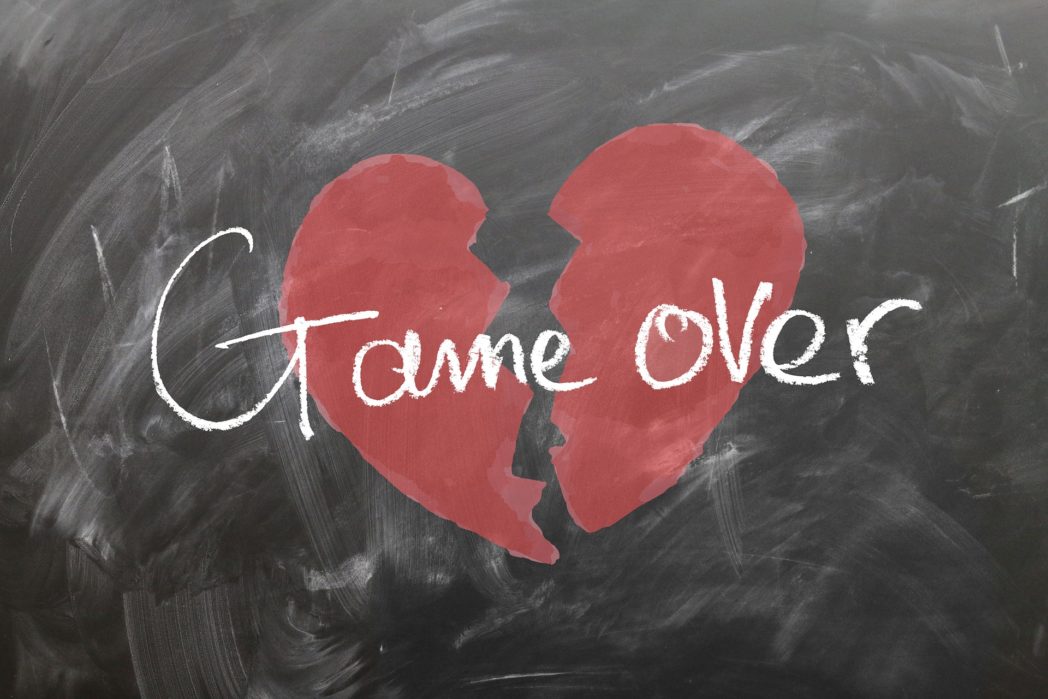Survival skills
 A couple of weeks ago, I blogged about why I changed my name. Revisiting the past, which I had to do to explain the aforementioned name change, I was hit (no pun intended) with the realisation that I not only survived what can only be described as a toxic childhood, but managed to thrive as an adult. I’ve heard of other people, who despite similarly dysfunctional families and upbringing, have not been so lucky. Drug and alcohol abuse, addictions, self-harm, criminal activity, even suicide are symptomatic of damaged people who have not successfully made the transition into adulthood.
A couple of weeks ago, I blogged about why I changed my name. Revisiting the past, which I had to do to explain the aforementioned name change, I was hit (no pun intended) with the realisation that I not only survived what can only be described as a toxic childhood, but managed to thrive as an adult. I’ve heard of other people, who despite similarly dysfunctional families and upbringing, have not been so lucky. Drug and alcohol abuse, addictions, self-harm, criminal activity, even suicide are symptomatic of damaged people who have not successfully made the transition into adulthood.
So what’s so different about me? How and why did I make it out relatively intact? Was I just lucky, or was there something bigger at play?
When I think about the answers to these questions, the following spring to mind, and perhaps, just perhaps answer the what, why and how. These are not tactics I consciously invoked; rather they were situational responses to external threats. Interestingly, I instinctively rely on this arsenal in my adult life when I have to cope with difficult situations.
I had allies
My sister and I were very close in age – I was the older sibling by 18 months – and we were each other’s rocks. We looked out for each other, helped each other out, were shipped off to YMCA camps together, walked miles to school together, socialised together and even shared a room even well into our teens. We both left home at the same time – I was 17 and she was 16 – and shared accommodation at that time, and later when we both moved to Adelaide in our 20s. The point is: we had each other’s backs and this was central to me surviving my dysfunctional childhood relatively intact. We also have a shared experience, which we talk about; the knowledge that someone else has experienced what you have and shares your interpretation is validating. Even today, and especially at work, I always actively cultivate strong allies: I find it helps to be able to discuss my work experiences with other like-minded individuals in an effort to make sense of my perceptions.
I had an escape
I was very good at school: it was my safe haven from a difficult – even dangerous – home life. I know that’s not everyone’s experience, but for me, it was a welcome escape. I was an “all rounder” student – I was good at art, English, maths, track and field. I had little difficulty making friends; I was never bullied (I don’t recall bullying an issue at my school). My teachers liked me so much that I was often called upon to babysit for a number of them. I had boyfriends (hidden from my mother because she would have had conniptions) who treated me well. I also read anything and everything I could get my hands on. In those years, James Michener, Sidney Sheldon and Harold Robbins were perennial favourites: larger-than-life characters fought life and death battles in exotic locations. Pure unadulterated escapism… and it still is!
I moved out and on
At 17, after a particularly nasty fight with my mother that ended in more violence, I moved out. For me, it was the last straw. I was working – I had recently left my part-time job as a checkout chick at Woolworths for a full-time job at the Commonwealth Bank. The supervisor at the bank had a spare room at his house, so I boarded for a few weeks with him and his wife until I found a flat. My sister, who was 16 and working also, moved into the felt with me. And we stayed together until I moved to Naracoorte on a bank transfer some three or four years later. I stayed in Naracoorte for around 18 months until I was transferred to Adelaide, and again ended up living with my sister for another couple of years. Until I bought my unit in the late 90s, I moved every two or three years. Now I just move workplaces!
I cut my losses
While I eventually reconciled with my mother, it took me a long time – until I was a mother myself – to work out that the problem was, in fact her, not me. Until I had my daughter, I was constantly trying to prove to her that I was worthy of her love and approval. It was emotionally exhausting, not least because I was engaged in a war that could never be won. When I was pregnant with my daughter, the tension became too much, and I stopped all contact with my mother. It was the most peaceful time of my life. I have had spasmodic contact with my mother over the last 20 years, but it really had been non-existent in the last five. I no longer have to prove myself to anyone, and my mental health has never been so robust. Linked to the above, I consider myself to be a strategic quitter in the workplace, too. I know exactly when it’s time to cut my losses and move on.
So there you have it. This is my survival skills toolkit. While it’s not exactly in the same league as Bear Grylls, it’s stood me in good stead and allowed me to prevail in circumstances that may have caused irreparable emotional damage in others. Was it luck or good management, though? I think I’ll leave that up to you to decide… 😉





Thanks for sharing Diane. I’m always amazed, and in awe, of how children in abusive/ dysfunctional homes develop strategies not only to survive but to blossom.
My particular strategy, which served me well until I became an adult, was to “pull down the blinds” and refuse to “see” … It was my psych, some 50 years later, who helped me understand that this is how I coped/ survived and what a brilliant strategy it was for such a young, vulnerable and powerless child and also a good strategy to carry on into Adulthood in extreme circumstances. However, like with all “survival strategies” there can be a “downside. For me it was leaving “the blinds” down for a little too long and so missed the threats that I could now actually deal with and save myself a huge amount of continuing trauma. On looking back, the indicators actually stood out like the rounded reproductive organ of “entire” male dogs… ha ha ha 😆 I do still have to keep telling myself to “pull up the blinds Catherine”!!! 🙄
I think the scars of our dysfunctional childhoods stay with us forever, Catherine. They may fade with time, but we know they are there, particularly when we invoke our coping strategies as an adult. I’m not entirely sad about that because as a flawed human being – and we are ALL flawed in our own way – I am living a life rich with experience. Sure, I wished that things were better, particularly when I was younger. I don’t know about you, but I feel like I am in a good place, all things considered. 🙂